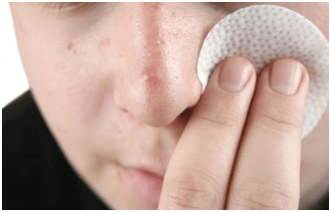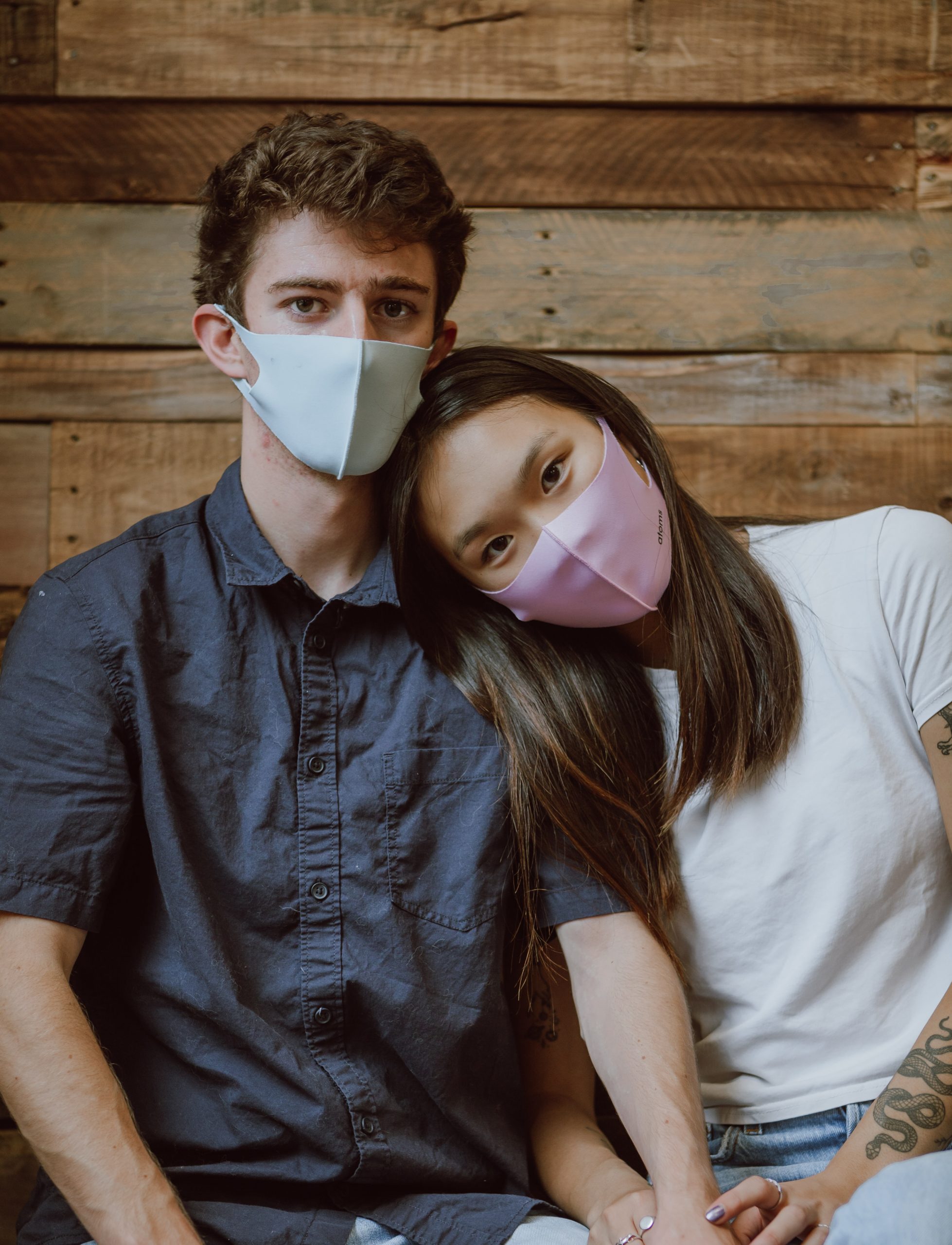Many people notice that they get different types of pimples but don’t realise that there are actually four distinct types of acne. Starting from small red blotches through to full blown acne breakouts there are a number of differences in both the symptoms and causes of the different types of acne.
Papules are the most minor form of acne and are characterised by small red lesions on the skin surface that are about the size of a fingernail. These occur when the hair follicle wall breaks, which allows bacteria to escape into the dermis. The breaks are often caused by oil and debris blocking the pores. Numerous skin conditions such as eczema and dermatitis also increase the likelihood of someone getting papules. Overtime these often develop into pustules.
Pustules are the standard and most common pimples people experience. They are red and inflamed spots with white heads that can be sometimes filled with pus. Papules turn into pustules when white blood cells (the good guys of the immune system) come into the papule to fight the infection. Like papules, pustules develop when bacteria, oil or a build-up of dead cells clog the pores of the skin.
Nodules are quite different to pustules; they are large inflamed lesions that generally occur deep within the skin. Nodules develop when a follicle wall raptures and then infects the adjoining follicles. When enough infected follicles join together they create the lump that we can see on the surface of the skin. The causes of nodules are varied and can include over-functioning hormones, abnormal bunching of cells, mineral deficiencies or family histories of nodules.
Cysts are the most severe form of acne and tend to be very large inflamed lesions with soft fluid filled lumps underneath. In similar fashion to nodules cysts begin with a break in follicle wall, however they are different in that they develop a membrane around the infection. As the cyst works towards the surface it tends to destroy the follicle and damages the healthy skin tissue, which can cause scaring. The causes of cysts are similar to nodules.
It is important to understand the distinctions between the varied forms of acne because the causes are diverse and treatments they require can be vastly different.
Want to learn about the best ways to treat your acne breakouts? Check out our Acne Survival Guide HERE!








Leave A Comment